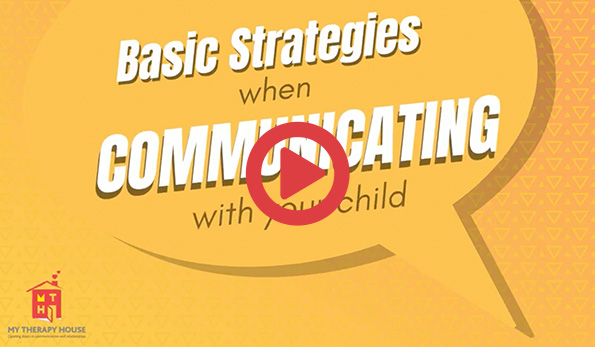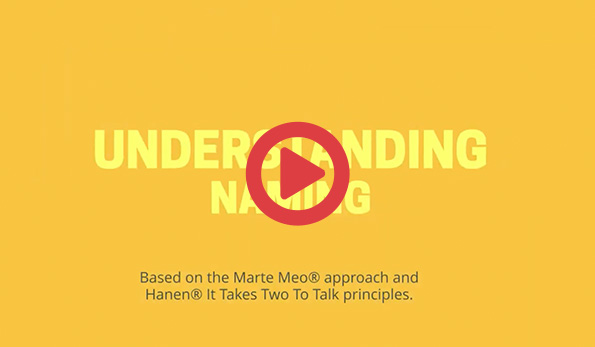Basic Strategies When Communicating With Your Child
At My Therapy House® we have developed different ways to support a child’s communication.
We have learnt these ways from families, and the children themselves, reflecting on what works and what doesn’t work as well as learning from various courses and parent training we have attended.
You can download a brochure about communicating with your child below:


